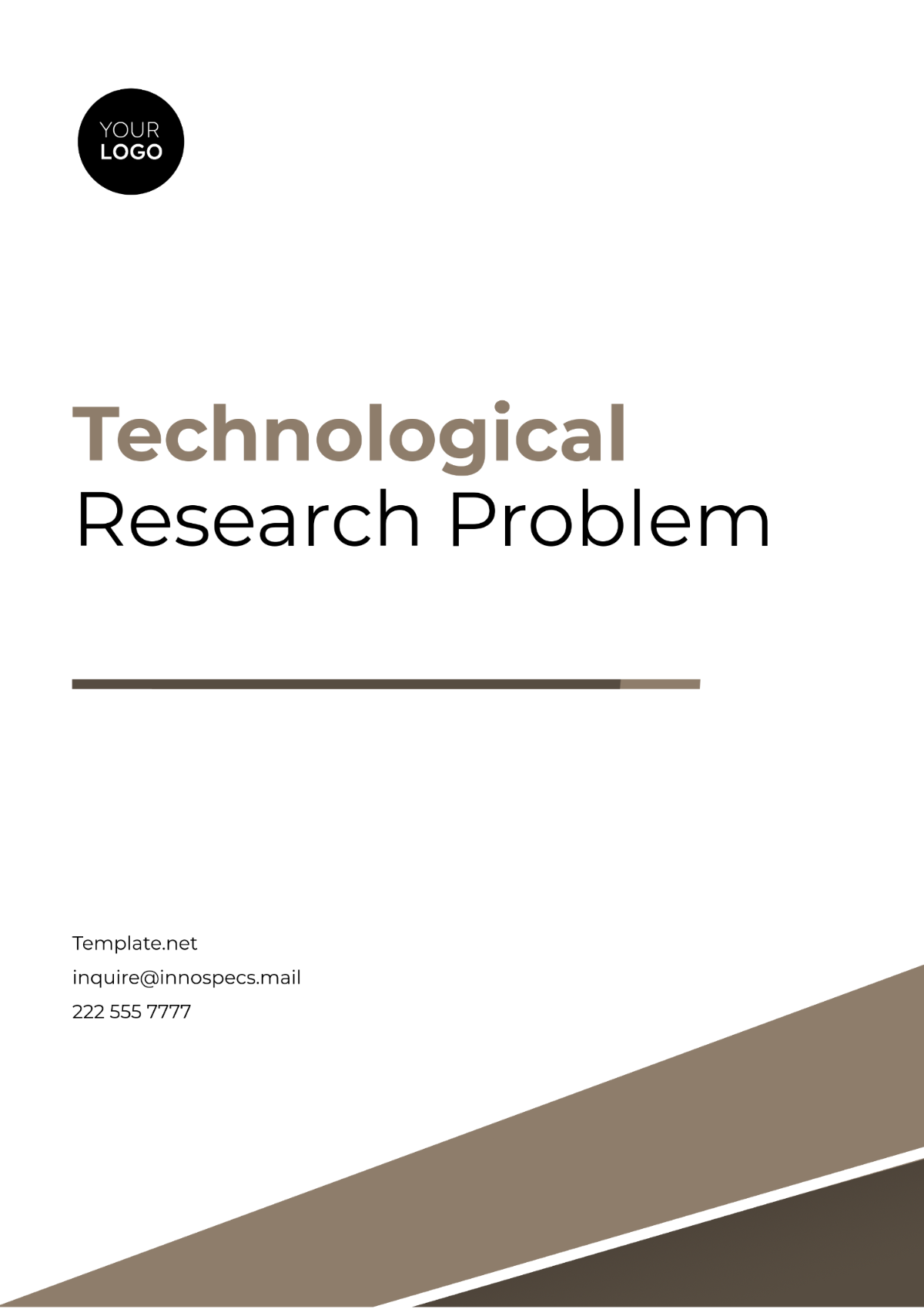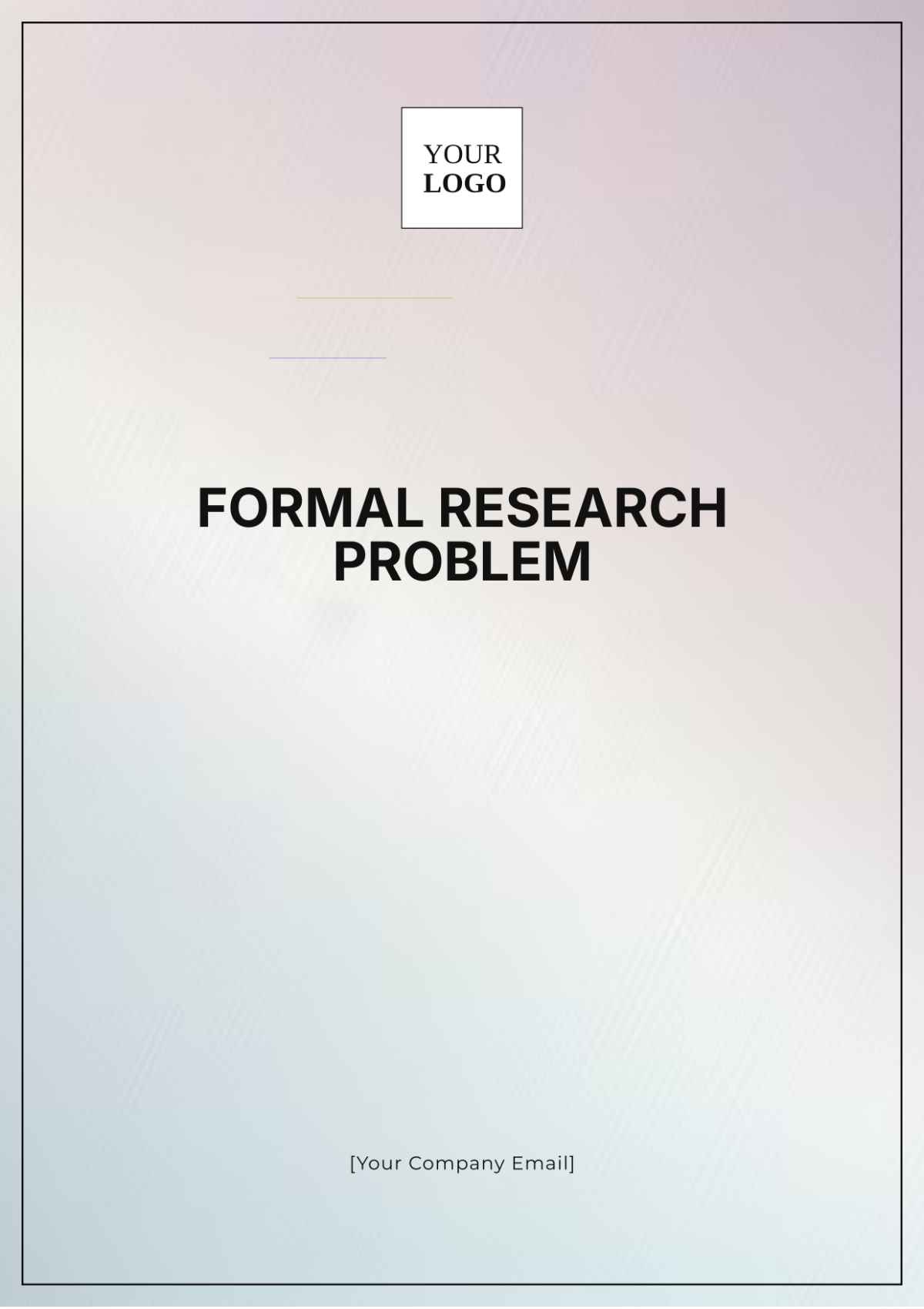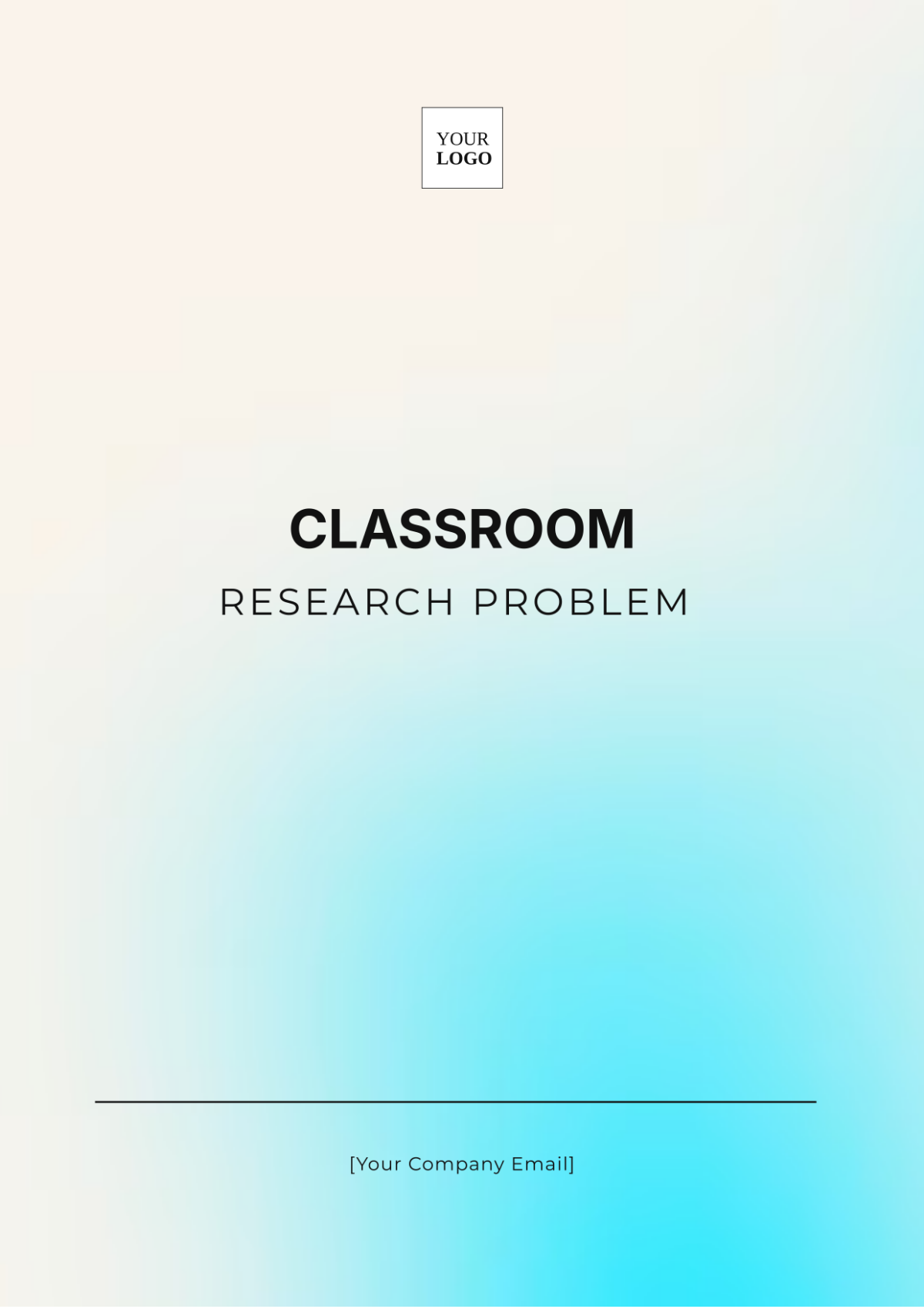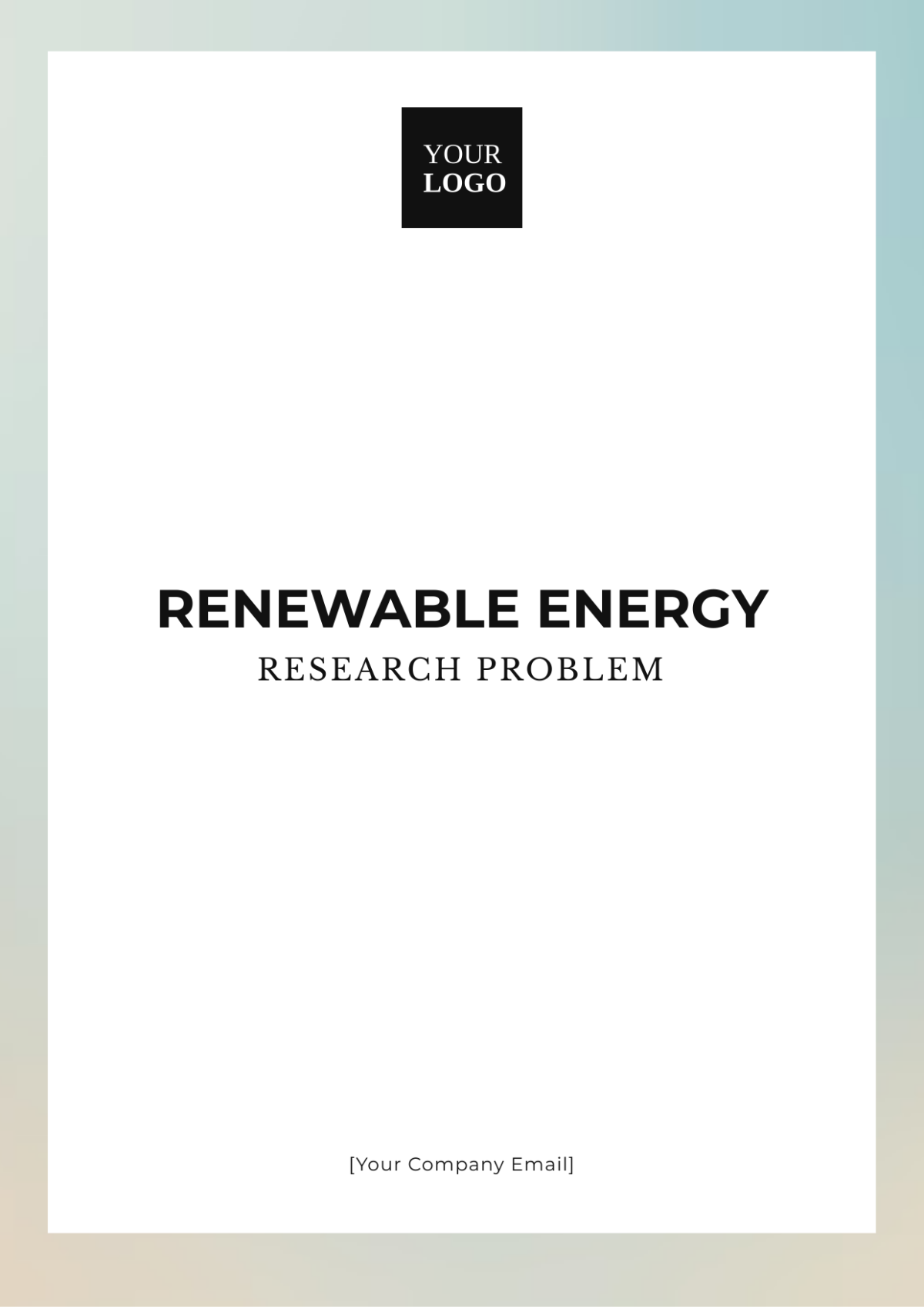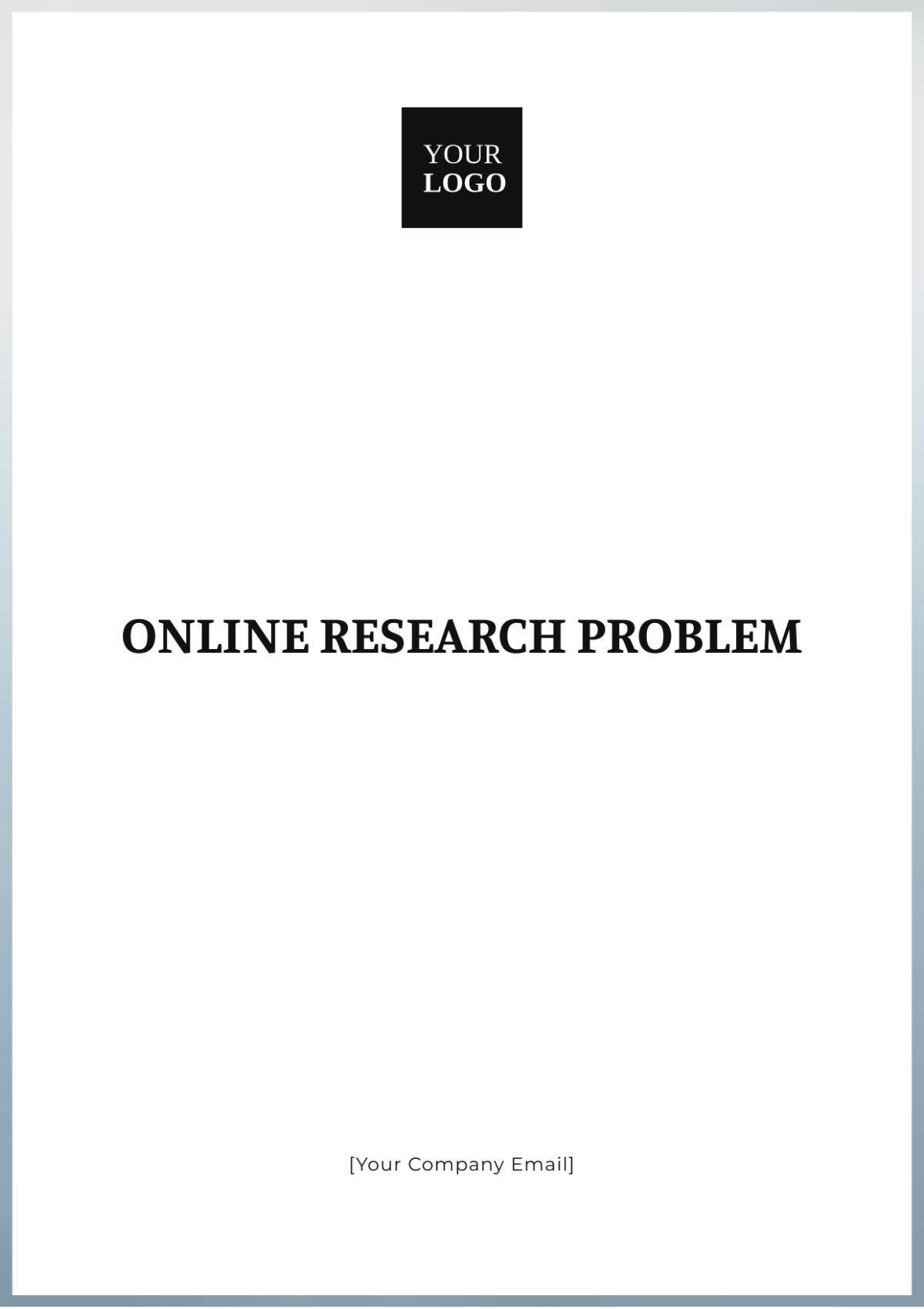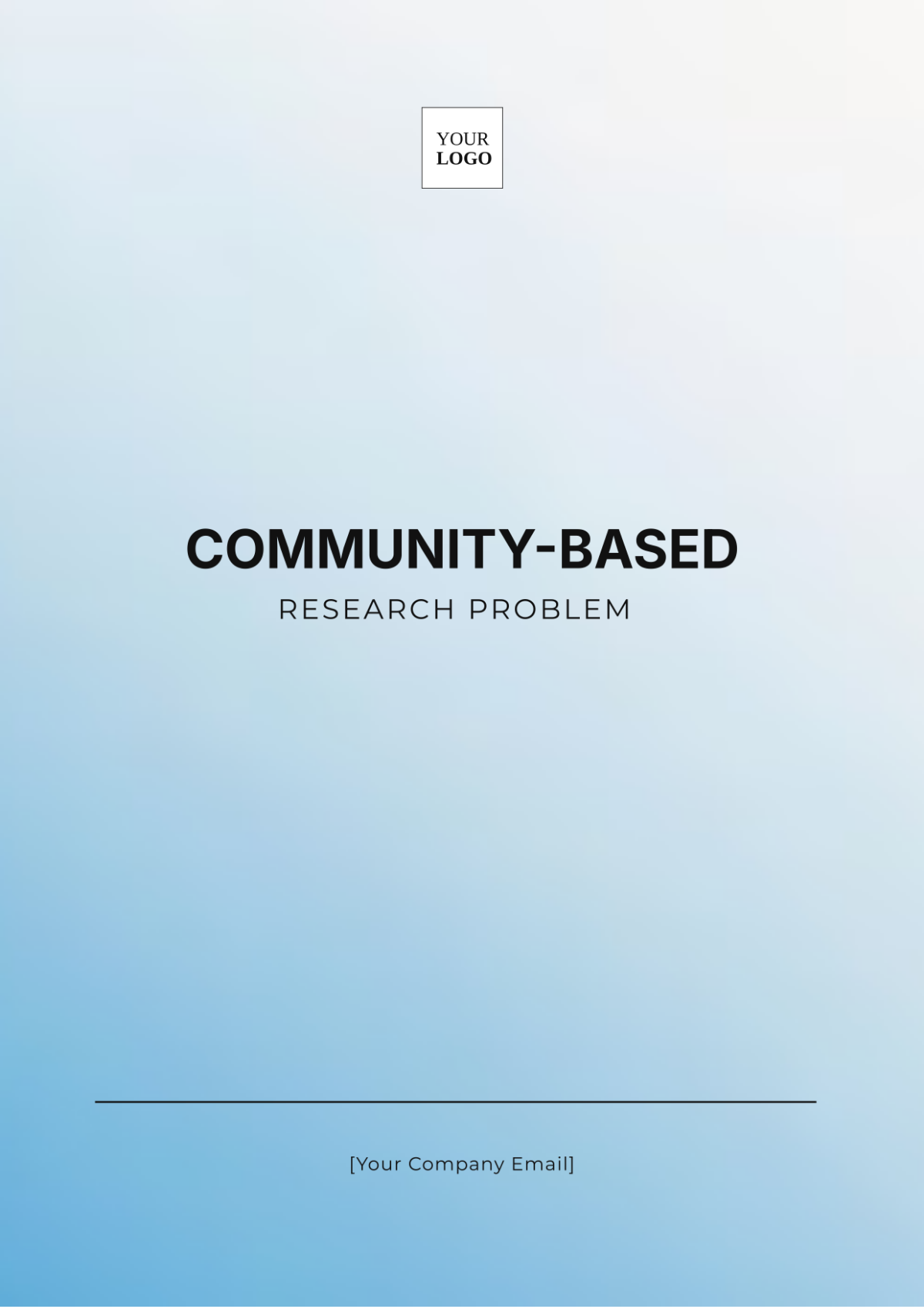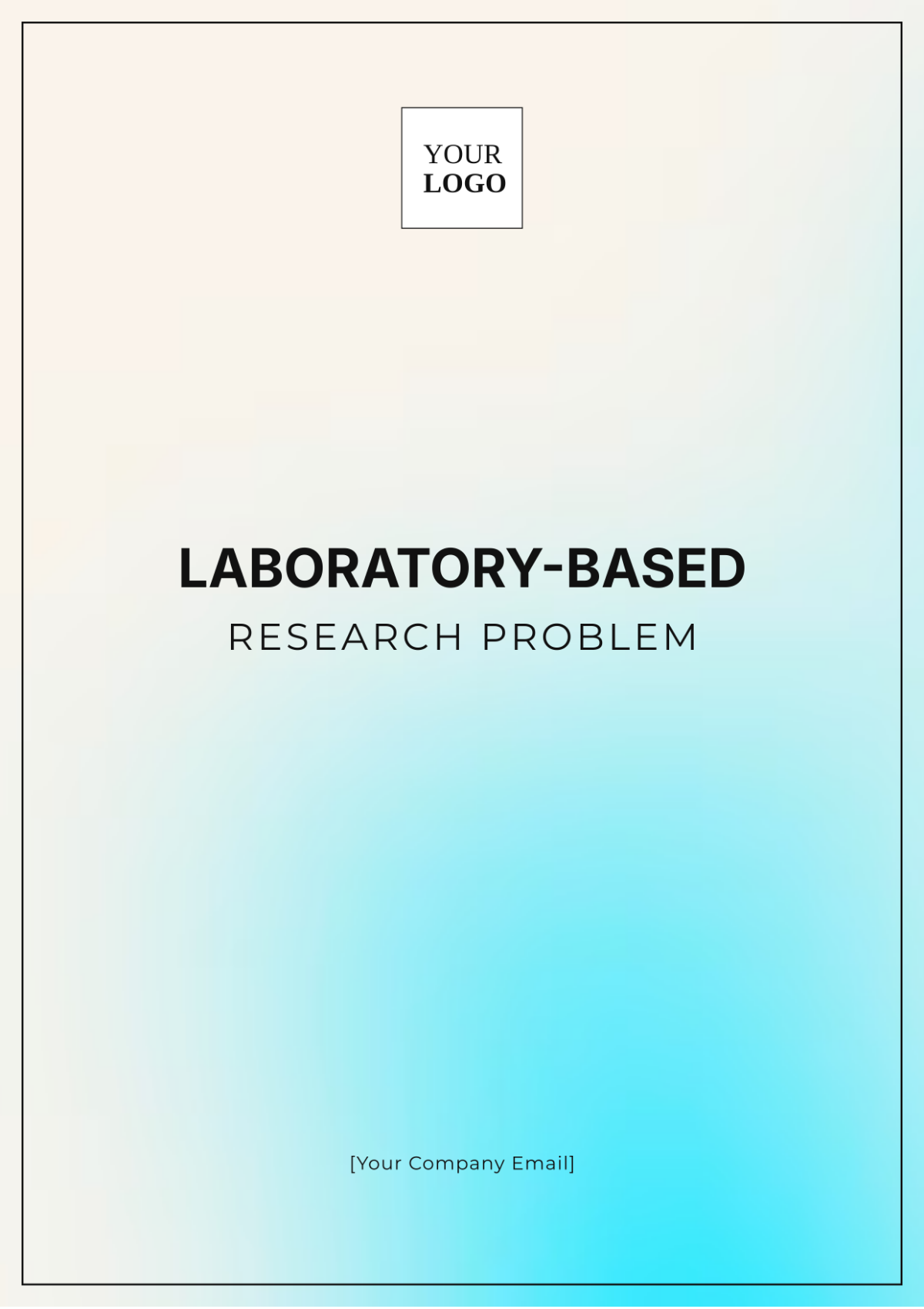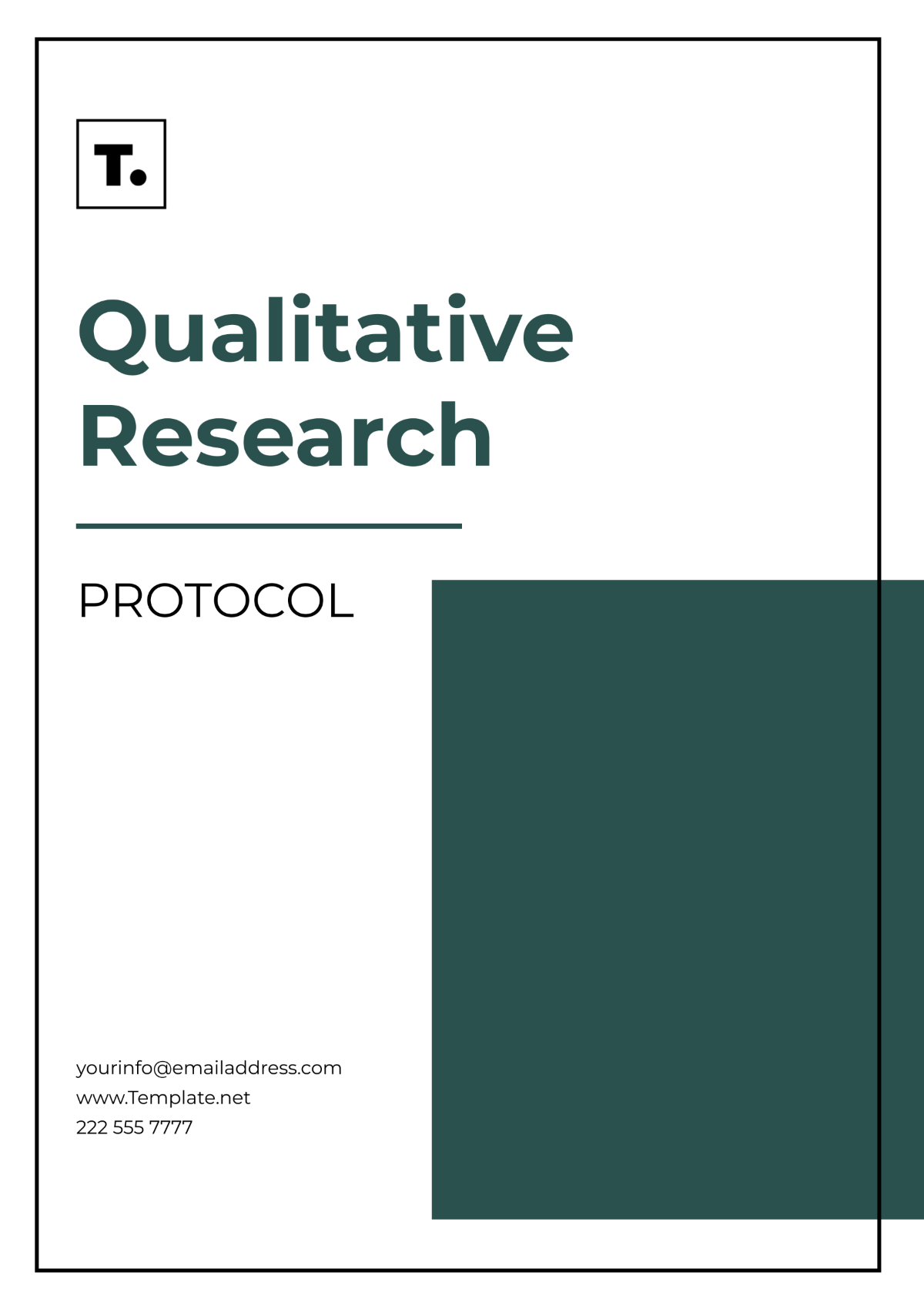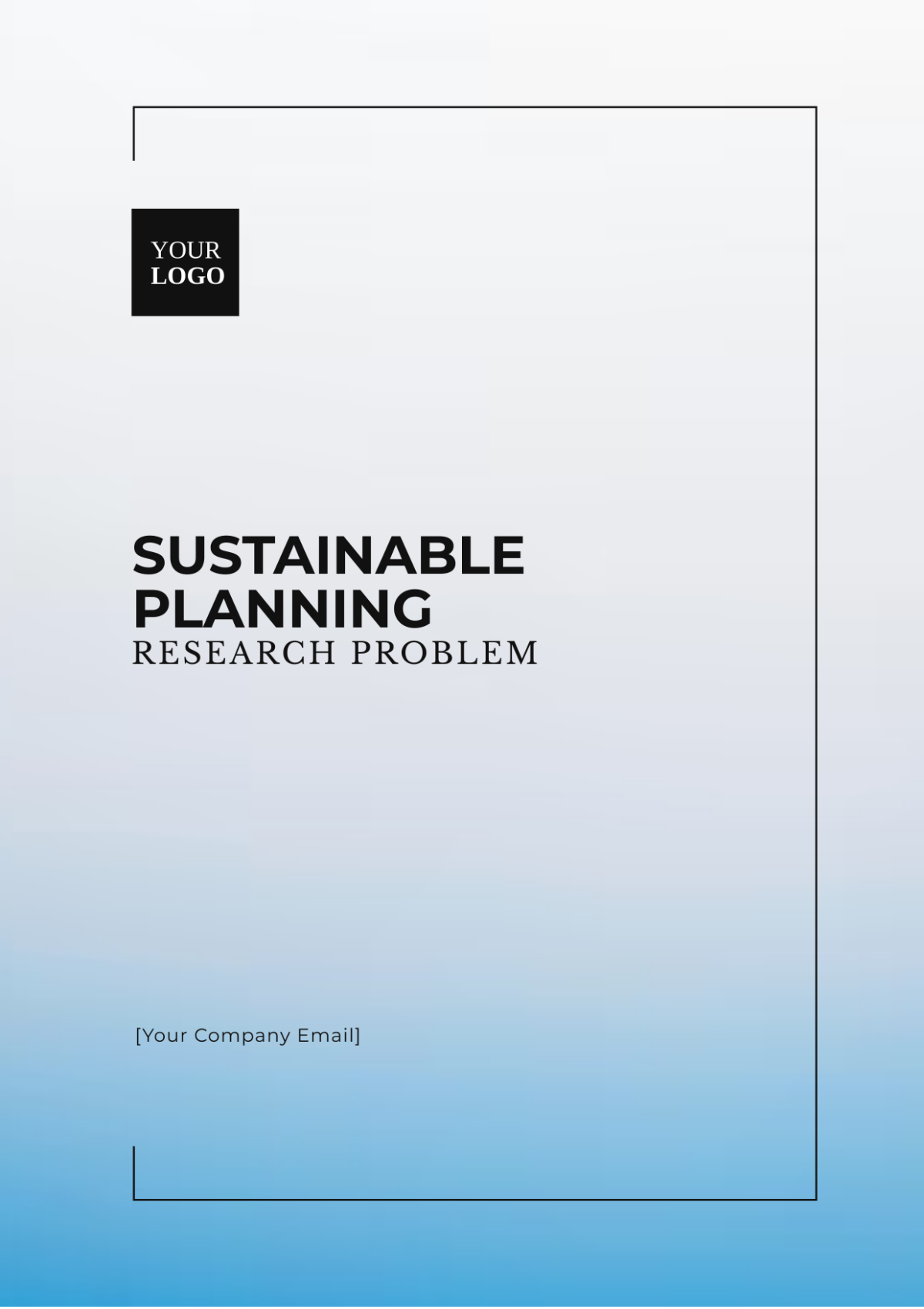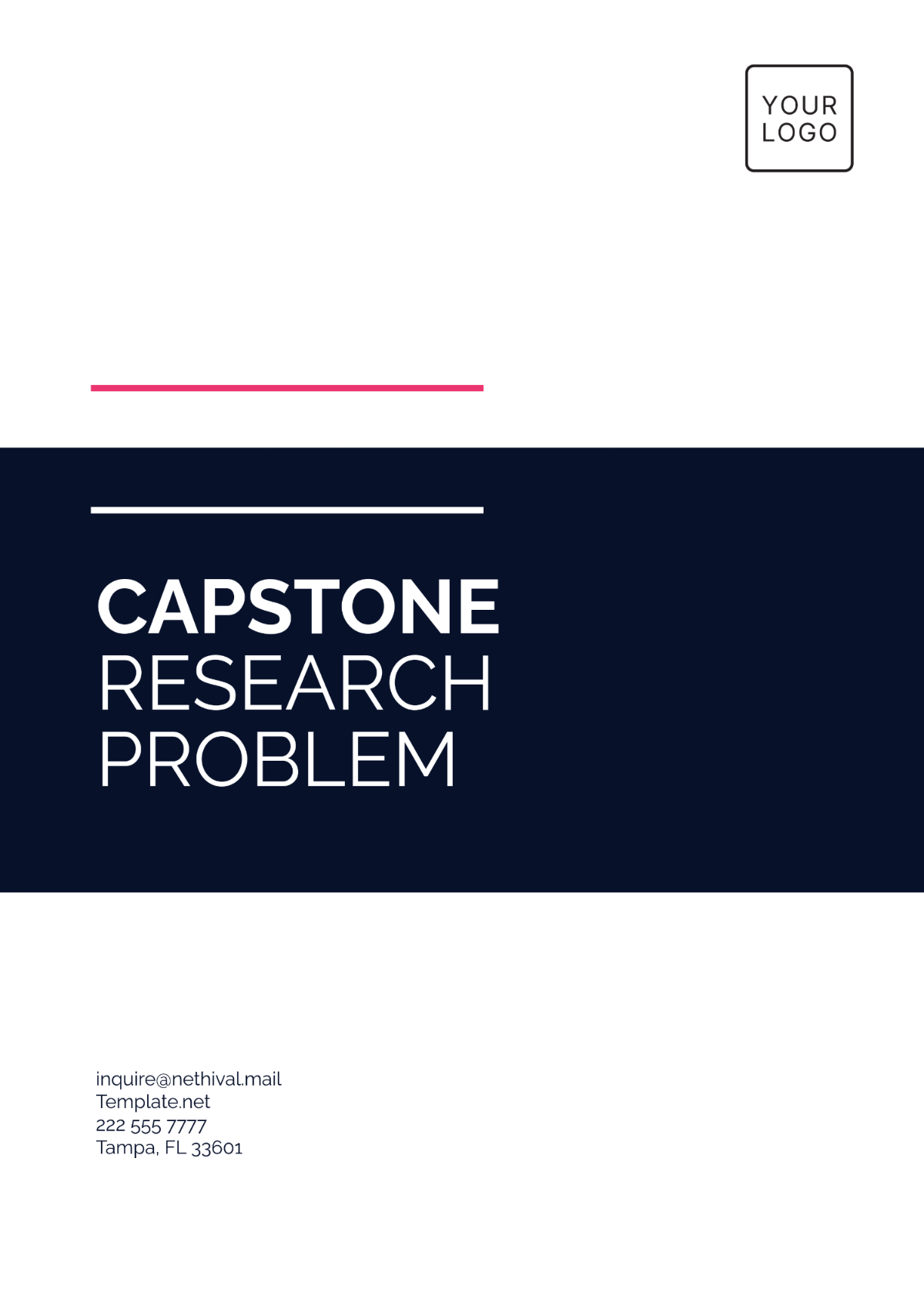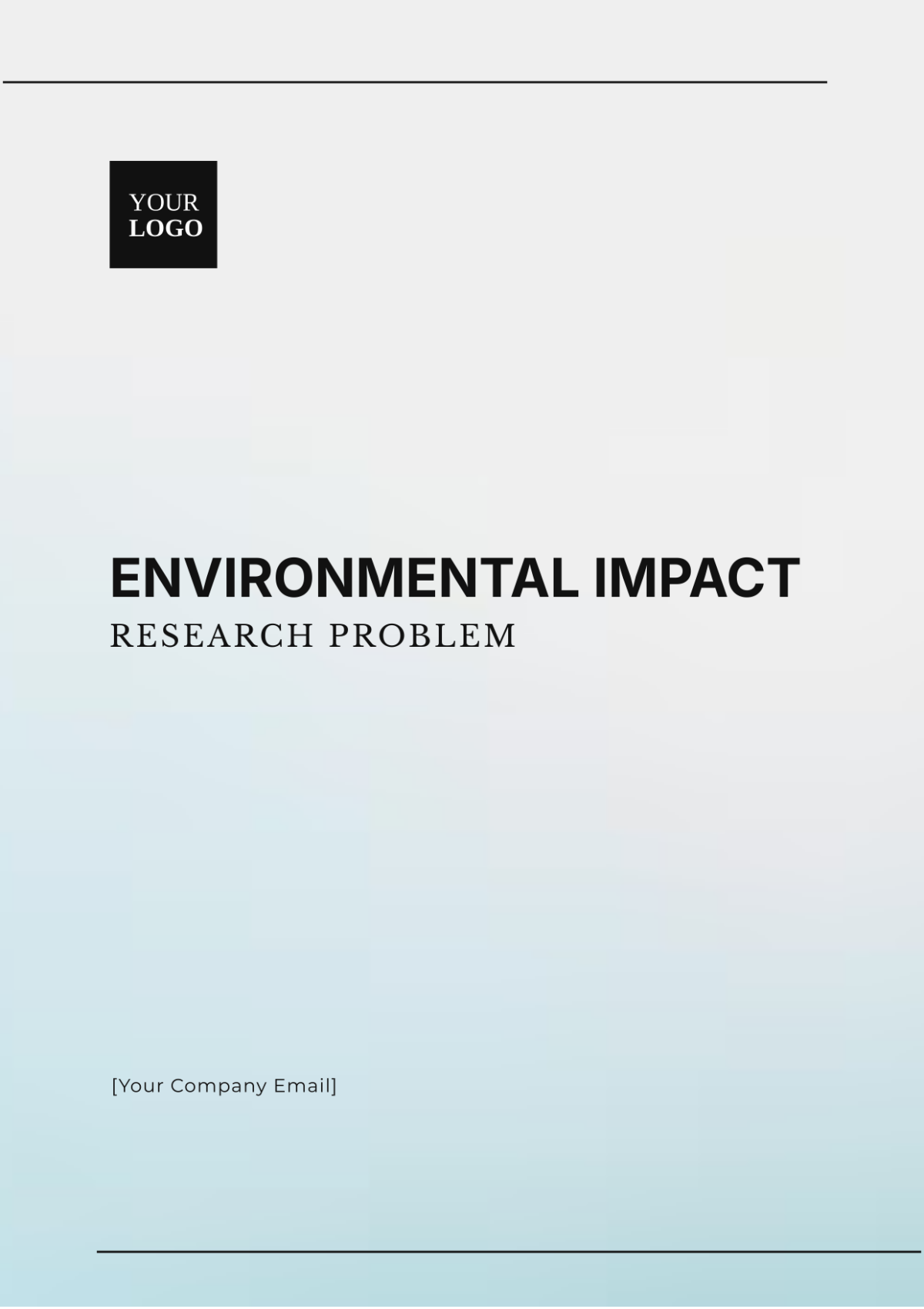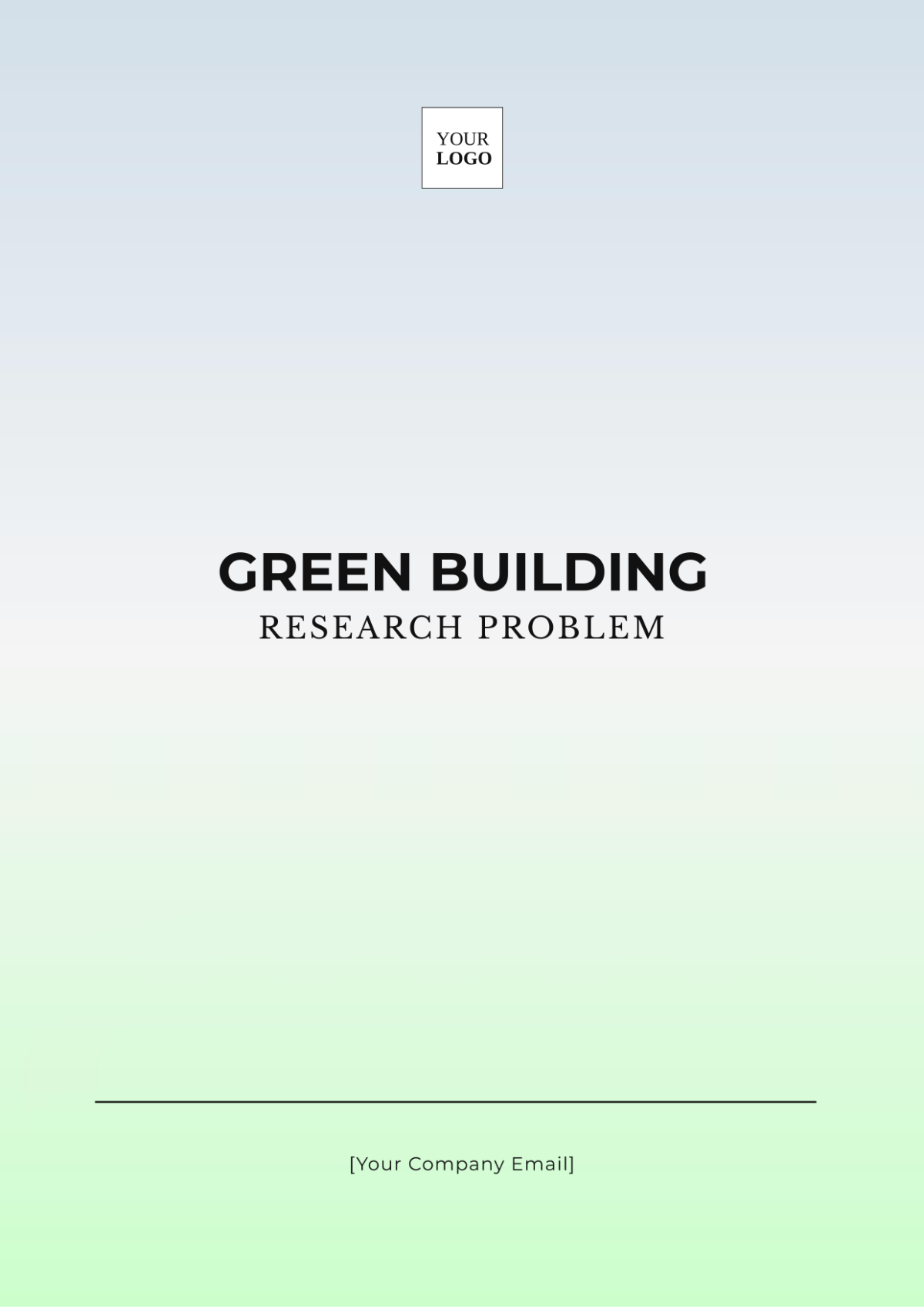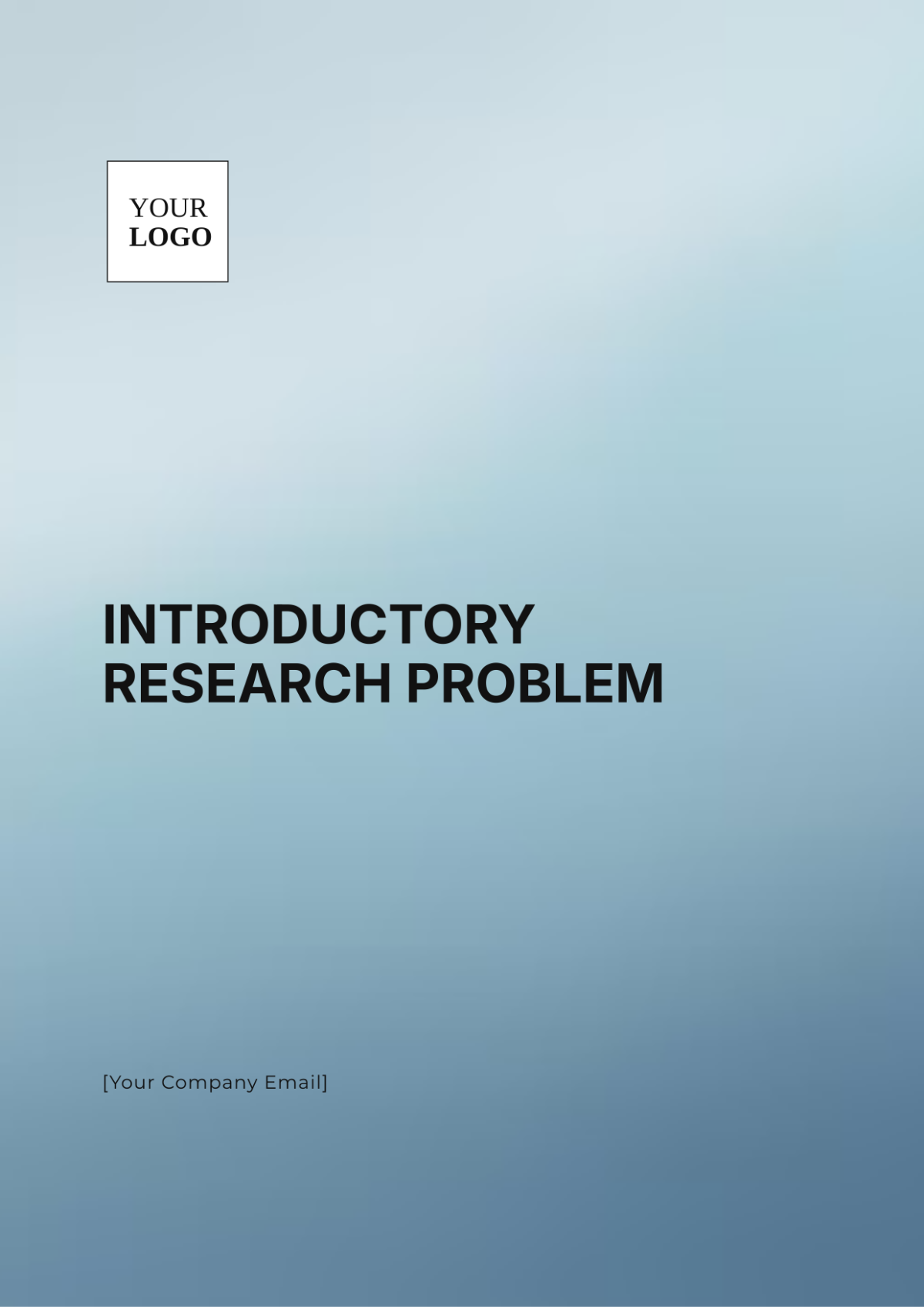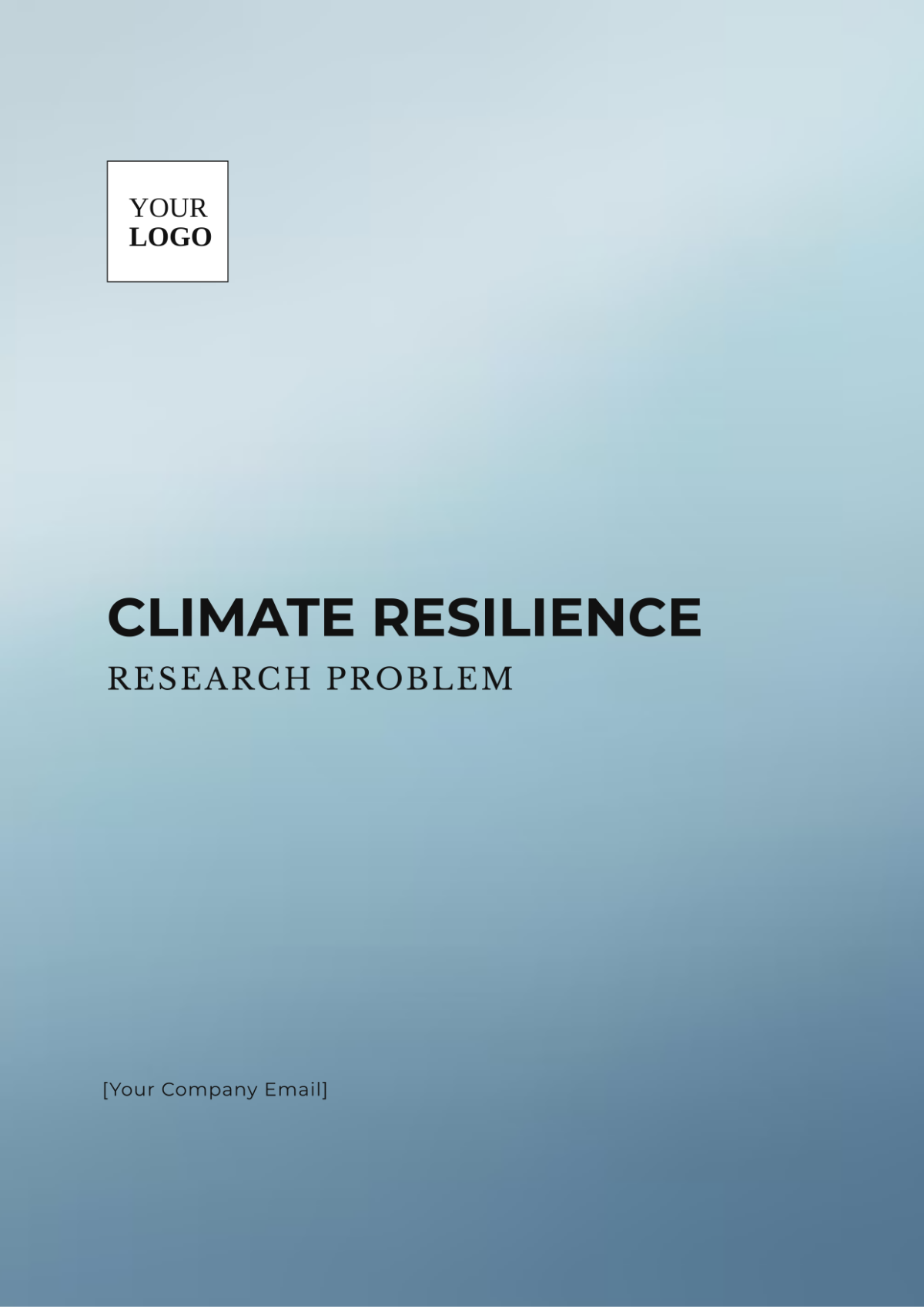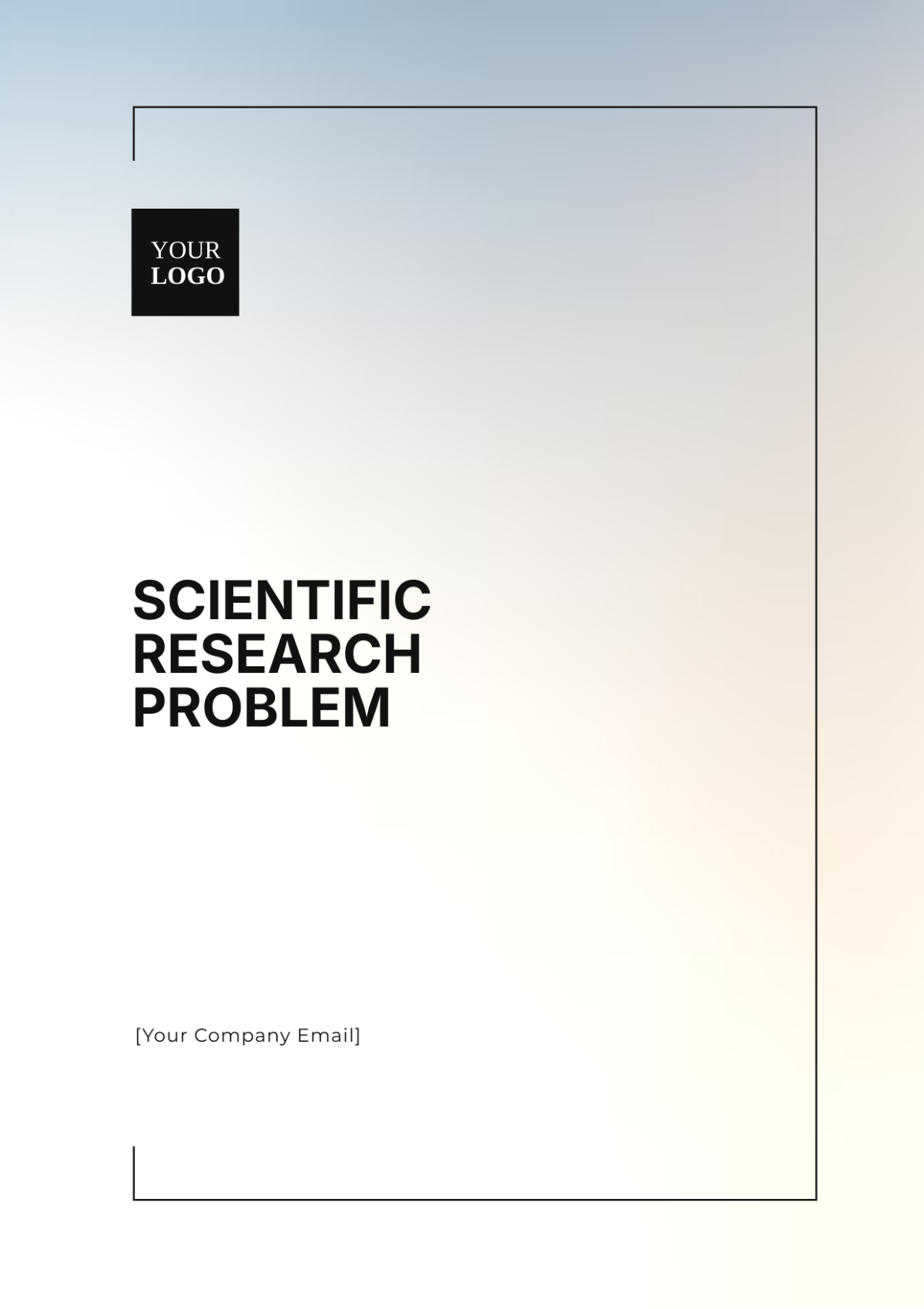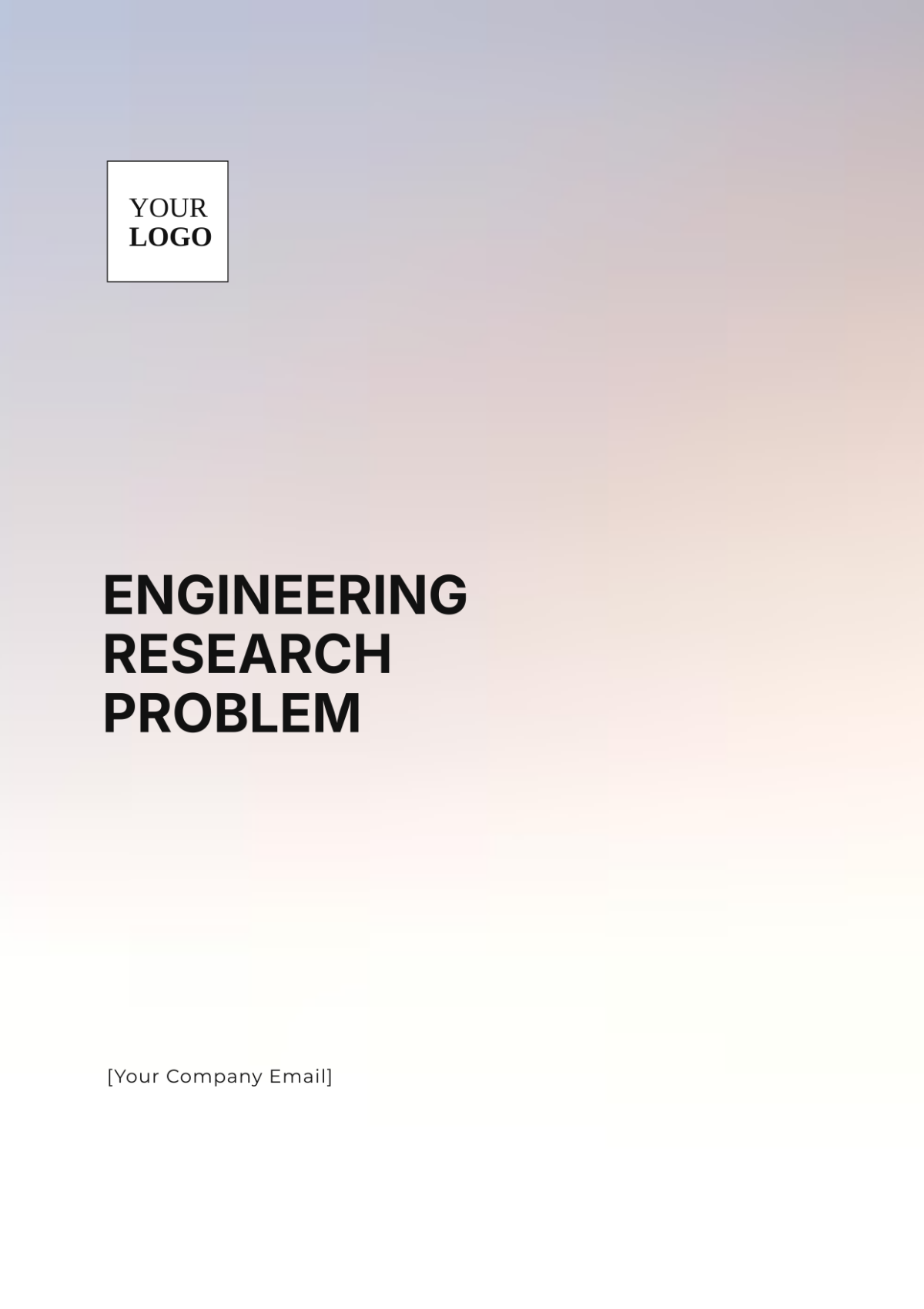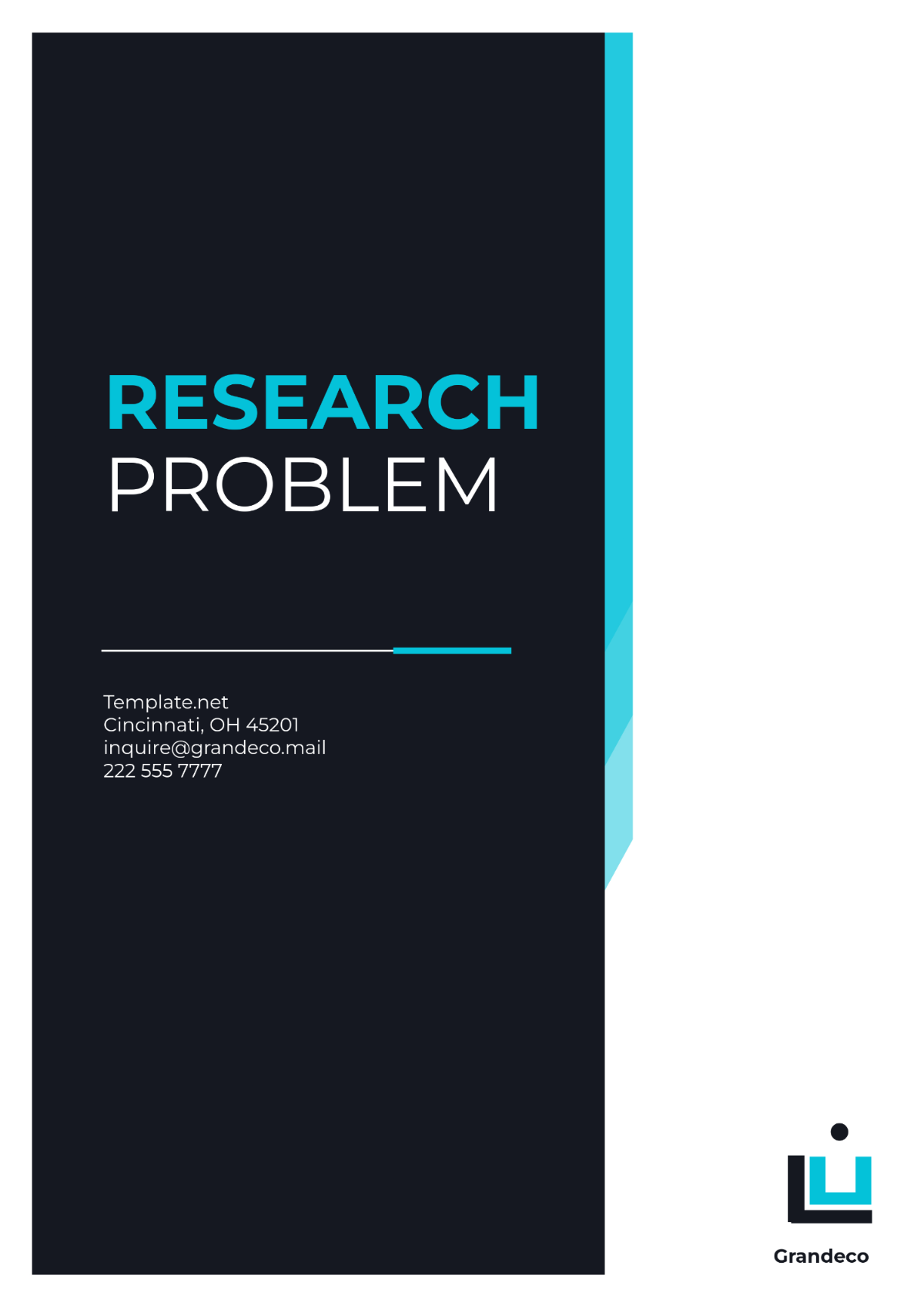Review Structure Research Process
Prepared By: [Your Name]
Organization Name: [Your Company Name]
1. Introduction
The Review Structure Research Process aims to provide a comprehensive framework for systematically analyzing, evaluating, and synthesizing information on a specific topic or project. This structured approach ensures that findings, assessments, and evaluations are organized and presented, facilitating informed decision-making and strategic planning.
2. Scope of the Review
This review focuses on evaluating the effectiveness of remote work strategies implemented by organizations since 2050. The objectives are to assess how remote work has impacted employee productivity, engagement, and overall organizational performance. Key questions include:
How has remote work influenced employee productivity and job satisfaction since 2050?
What are the challenges and benefits associated with remote work from an organizational perspective in the current context?
How do remote work strategies compare to traditional office-based work in terms of effectiveness?
3. Methodology
3.1 Data Collection
Surveys: Distributed to employees and managers to gather feedback on remote work experiences and outcomes since 2050.
Interviews: Conducted with key stakeholders to gain qualitative insights into remote work strategies implemented in recent years.
Performance Metrics: Analysis of productivity data and performance reviews before and after the implementation of remote work.
3.2 Data Analysis
Quantitative Analysis: Statistical evaluation of survey results and performance metrics to identify trends and patterns since 2050.
Qualitative Analysis: Thematic analysis of interview responses to understand the context and nuances of remote work experiences.
3.3 Criteria for Evaluation
Productivity Metrics: Comparison of employee output and efficiency before and after remote work implementation.
Employee Engagement: Assessment of job satisfaction, morale, and engagement levels.
Organizational Performance: Evaluation of overall business performance and achievement of strategic goals.
4. Findings/Results
Category | Details |
|---|---|
Productivity | The average productivity of employees increased by 15% after the transition to remote work in the past decade. Productivity metrics showed improvements in task completion rates and project turnaround times. |
Employee Engagement | Survey results indicated a 20% increase in employee job satisfaction and engagement since 2050. Employees reported greater flexibility and a better work-life balance. |
Challenges | Key challenges identified include difficulties in communication and collaboration, as well as technical issues related to remote work setups. |
5. Discussion/Analysis
The findings suggest that remote work has generally had a positive impact on employee productivity and engagement since its implementation. The increase in productivity and job satisfaction reflects the benefits of flexible working arrangements. However, challenges such as communication barriers and technical issues highlight areas where improvements are needed.
Contextual Analysis: The positive outcomes align with recent studies showing the advantages of remote work in terms of flexibility and employee well-being. However, the challenges faced suggest a need for enhanced communication tools and support systems.
Implications: Organizations may need to invest in technology and training to address communication issues and ensure a smooth remote work experience. Balancing flexibility with effective collaboration will be key to maintaining productivity and engagement.
6. Recommendations
Enhance Communication Tools: Invest in advanced communication and collaboration tools to improve virtual team interactions.
Provide Technical Support: Offer technical support and training to address issues related to remote work setups.
Monitor and Adjust: Regularly monitor remote work effectiveness and make adjustments based on employee feedback and performance data.
7. Conclusion
The review highlights the overall positive impact of remote work on productivity and employee engagement since 2050, while also identifying areas for improvement. Organizations are encouraged to continue leveraging the benefits of remote work while addressing the challenges to optimize performance and employee satisfaction.
8. References
Smith, J. (2052). The Impact of Remote Work on Employee Productivity. Journal of Business Studies.
Johnson, L. (2051). Remote Work Challenges and Solutions. Business Insights Magazine.
Doe, A. (2053). Employee Engagement in the Age of Remote Work. HR Review.


















